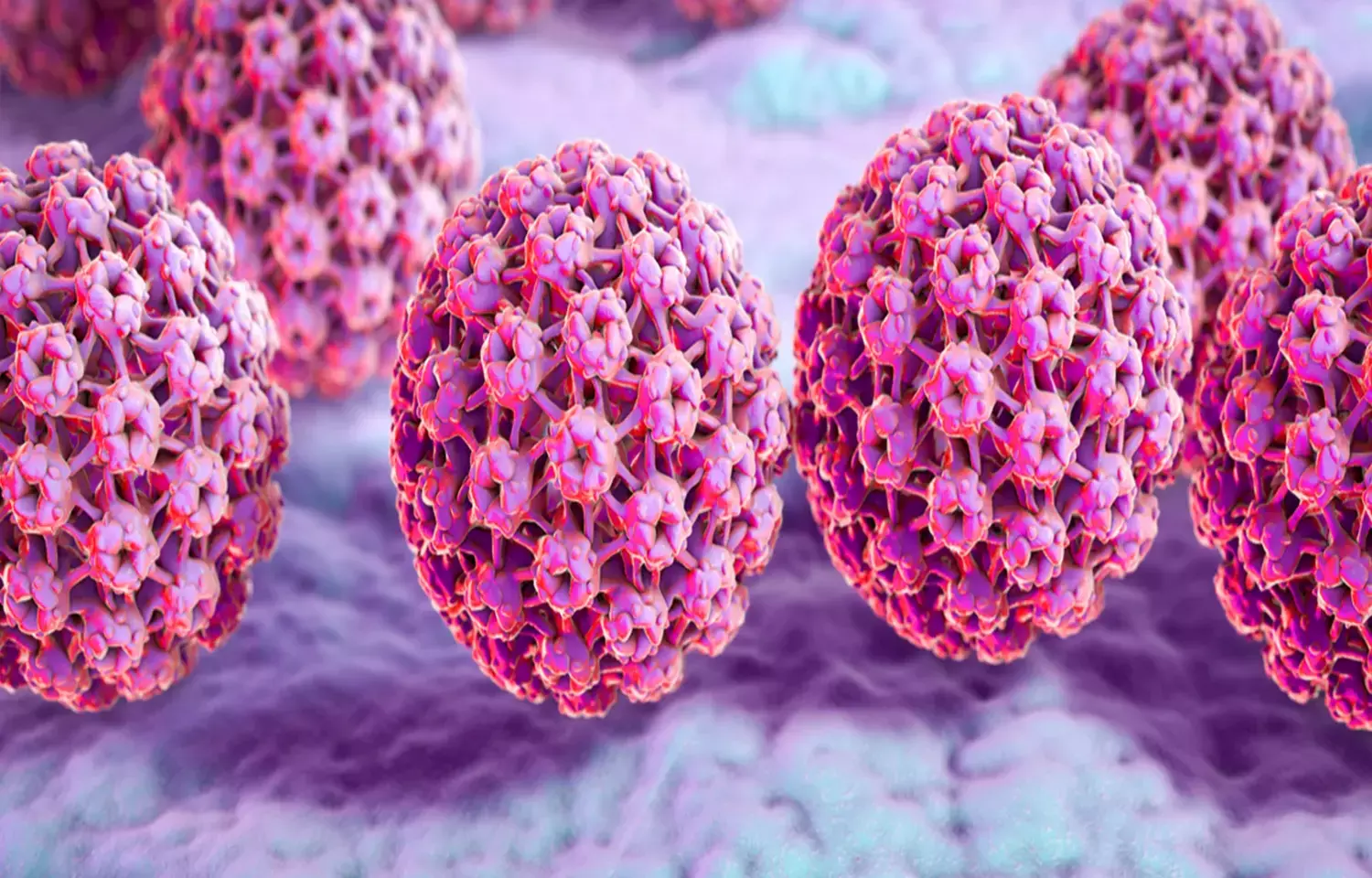- Home
- Medical news & Guidelines
- Anesthesiology
- Cardiology and CTVS
- Critical Care
- Dentistry
- Dermatology
- Diabetes and Endocrinology
- ENT
- Gastroenterology
- Medicine
- Nephrology
- Neurology
- Obstretics-Gynaecology
- Oncology
- Ophthalmology
- Orthopaedics
- Pediatrics-Neonatology
- Psychiatry
- Pulmonology
- Radiology
- Surgery
- Urology
- Laboratory Medicine
- Diet
- Nursing
- Paramedical
- Physiotherapy
- Health news
- Fact Check
- Bone Health Fact Check
- Brain Health Fact Check
- Cancer Related Fact Check
- Child Care Fact Check
- Dental and oral health fact check
- Diabetes and metabolic health fact check
- Diet and Nutrition Fact Check
- Eye and ENT Care Fact Check
- Fitness fact check
- Gut health fact check
- Heart health fact check
- Kidney health fact check
- Medical education fact check
- Men's health fact check
- Respiratory fact check
- Skin and hair care fact check
- Vaccine and Immunization fact check
- Women's health fact check
- AYUSH
- State News
- Andaman and Nicobar Islands
- Andhra Pradesh
- Arunachal Pradesh
- Assam
- Bihar
- Chandigarh
- Chattisgarh
- Dadra and Nagar Haveli
- Daman and Diu
- Delhi
- Goa
- Gujarat
- Haryana
- Himachal Pradesh
- Jammu & Kashmir
- Jharkhand
- Karnataka
- Kerala
- Ladakh
- Lakshadweep
- Madhya Pradesh
- Maharashtra
- Manipur
- Meghalaya
- Mizoram
- Nagaland
- Odisha
- Puducherry
- Punjab
- Rajasthan
- Sikkim
- Tamil Nadu
- Telangana
- Tripura
- Uttar Pradesh
- Uttrakhand
- West Bengal
- Medical Education
- Industry
HPV Subtype may predict outcomes in head and neck cancers, Finds study

The Cancer Genome Atlas study recently analyzed that human papillomavirus (HPV) genotypes in head and neck cancers other than HPV-16 have inferior survival to HPV-16-positive tumors.
In contrast to the data derived from The Cancer Genome Atlas, patients with HPV-16 tumors trended towards decreased progression free survival (PFS) and overall survival (OS) compared with tumors driven by other HPV genotypes, reports a study published in the International Journal of Otolaryngology.
Hedyeh Ziai and colleagues from the Department of Otolaryngology-Head and Neck Surgery, Western University, ON, Canada aimed to examine the association of HPV subtypes and survival in a large cohort of patient samples from our institution.
The study by Bratman had strengths such as relatively large sample size and definitive HPV detection and subtyping through RNA sequencing; however, it also had weakness including lack of an independent validation cohort, imperfect TCGA survival data, and the fact that 30% of patients did not receive treatment that complied with the NCCN guidelines.
Fresh frozen primary site biopsy samples were collected either in clinic or at the time of surgery. Patient demographic, staging, and survival data were also collected. Tumors were tested for HPV subtypes by quantitative polymerase chain reaction (qPCR).
Univariable and multivariable analyses were performed using Cox proportional hazards regression.
The following findings were highlighted-
a. 280 patient biopsy samples were collected.
b. Mean ± standard deviation (SD) age was 61.9 ± 11.1 years and most patients (78%) were male.
c. The majority of cancers were of the oral cavity (60%) or oropharynx (25%) and 30% had HPV-positive disease.
d. Median follow-up was 3.76 years and 96/280 patients (34%) developed recurrences.
e. Patients with p16-positive versus negative disease had significantly improved 5-year overall survival.
f. Similarly improved 5-year OS and PFS were observed for patients with HPV-positive versus negative disease.
g. Patients with HPV-16 compared to other HPV diseases had worse 5-year OS and PFS.
Therefore, the authors concluded that "patients with HPV-types other than 16 trended towards improved progression-free survival compared with HPV-16 related disease."
Furthermore, large, multi-institutional efforts are needed to conclusively determine the correlation of HPV type and survival in HNSCC.
Dr. Nandita Mohan is a practicing pediatric dentist with more than 5 years of clinical work experience. Along with this, she is equally interested in keeping herself up to date about the latest developments in the field of medicine and dentistry which is the driving force for her to be in association with Medical Dialogues. She also has her name attached with many publications; both national and international. She has pursued her BDS from Rajiv Gandhi University of Health Sciences, Bangalore and later went to enter her dream specialty (MDS) in the Department of Pedodontics and Preventive Dentistry from Pt. B.D. Sharma University of Health Sciences. Through all the years of experience, her core interest in learning something new has never stopped. She can be contacted at editorial@medicaldialogues.in. Contact no. 011-43720751
Dr Kamal Kant Kohli-MBBS, DTCD- a chest specialist with more than 30 years of practice and a flair for writing clinical articles, Dr Kamal Kant Kohli joined Medical Dialogues as a Chief Editor of Medical News. Besides writing articles, as an editor, he proofreads and verifies all the medical content published on Medical Dialogues including those coming from journals, studies,medical conferences,guidelines etc. Email: drkohli@medicaldialogues.in. Contact no. 011-43720751


